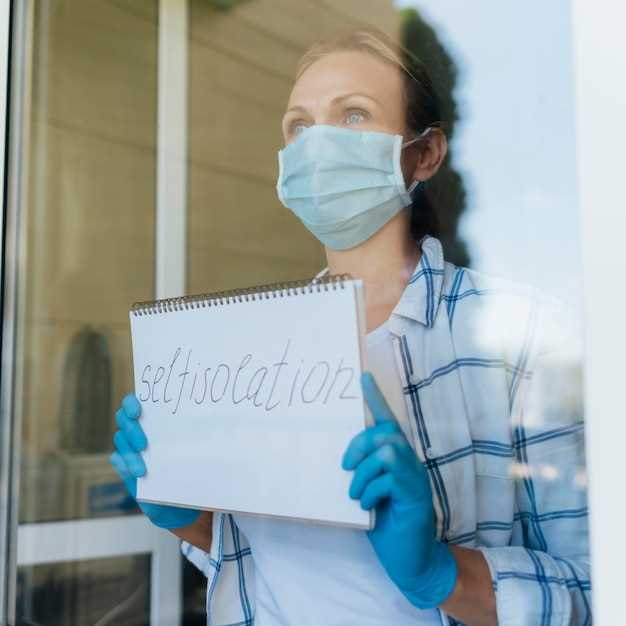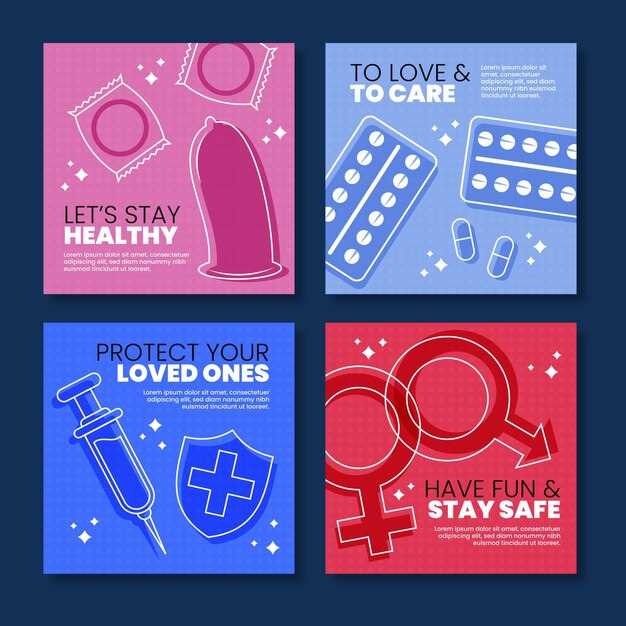
Getting tested for sexually transmitted diseases (STDs) is a crucial step in maintaining sexual health. Many people avoid testing due to the cost or stigma, but free services are available for anyone seeking peace of mind and early detection. Understanding where to access these services can ensure that everyone has the opportunity to get tested without financial barriers.
Free full STD testing can be found through various local clinics, nonprofit organizations, and government programs. These services often offer a range of screenings for common STDs, including HIV, chlamydia, gonorrhea, syphilis, and others. Testing is essential for early treatment and preventing the spread of infections, especially since many STDs show no symptoms in the early stages.
In addition to being free, many testing locations maintain confidentiality and provide counseling or resources to help individuals understand their results and options for treatment. By utilizing these services, people can take control of their sexual health without the worry of high medical costs or privacy concerns.
Where to Access Free STD Testing
Finding free STD testing locations is easier than you may think. Many public health departments and community clinics offer testing without cost, regardless of your insurance status. These services are often funded by government grants or nonprofit organizations, ensuring accessibility for all individuals.
Local health departments are one of the most reliable sources for free testing. They often provide testing for a variety of sexually transmitted diseases and may offer both walk-in and appointment-based services. It’s important to contact them ahead of time to confirm availability and testing hours.
Nonprofit organizations, such as Planned Parenthood and the American Sexual Health Association, also provide free STD screenings. These organizations focus on education, prevention, and treatment, and they offer confidential testing at locations across the country. Many of these nonprofits also provide outreach programs to bring testing services directly to underserved communities.
Additionally, free clinics supported by federal or state programs may be available in your area. These clinics often cater to low-income individuals and those without insurance, offering testing as part of broader public health initiatives. Some local hospitals and universities may also have partnerships with public health programs to offer free or discounted screenings.
Free Health Services in Your Area

Accessing free health services for STD testing is possible through various community-based programs. Many local health organizations partner with state and federal agencies to offer no-cost screenings for sexually transmitted diseases, making it easier for individuals to get tested without financial strain.
Public health centers are a common place to find free health services. These centers often provide comprehensive testing for common STDs like HIV, chlamydia, gonorrhea, and syphilis. They typically offer confidential testing with no questions asked, and many locations offer a sliding fee scale or completely free services based on your income.
Additionally, mobile health units are available in some areas, bringing free testing directly to communities. These units often visit local neighborhoods, schools, and community centers to make STD testing more accessible, especially in underserved or remote areas.
Nonprofit clinics also contribute to the availability of free health services. These clinics frequently partner with local governments or public health initiatives to provide testing at no cost. Many nonprofit organizations offer testing without the need for appointments, providing greater flexibility for those in need of confidential care.
Eligibility Requirements for No-Cost Testing
Eligibility for free STD testing varies depending on the provider and location. While many public health centers offer free testing to all individuals, some programs have specific criteria that must be met to qualify for no-cost services.
In most cases, individuals who are uninsured or have low income are prioritized for free STD testing. Many public health departments offer these services as part of their commitment to public health, ensuring that those who may not have access to healthcare can still receive the testing they need.
Some programs may also provide free testing for individuals who are considered at higher risk for STDs, such as those who have multiple sexual partners, engage in unprotected sex, or are living with HIV. Additionally, certain locations may offer free testing for individuals under the age of 25, as they are statistically more likely to contract STDs.
For certain nonprofit clinics or outreach programs, eligibility may depend on residency requirements or other criteria, such as being part of a specific community or participating in a health initiative. It is important to check with each service provider to understand their specific eligibility guidelines before seeking testing.
Community Clinics Offering STD Screenings

Community clinics play a vital role in providing accessible STD testing to a wide range of individuals. These clinics offer free or low-cost screenings, ensuring that everyone has the opportunity to maintain their sexual health. They are often the first place people turn to when seeking confidential and affordable testing services.
Local community clinics are typically funded by public health initiatives or nonprofit organizations, and they aim to serve underserved populations. Many of these clinics offer comprehensive testing for common STDs, such as HIV, gonorrhea, chlamydia, and syphilis, often without requiring proof of insurance or income.
In addition to providing STD screenings, community clinics often offer educational resources on prevention, safe sexual practices, and treatment options. These services are typically offered with a focus on confidentiality, ensuring that clients can seek care without fear of judgment or privacy concerns.
Some clinics also provide additional services, such as referrals to specialists or access to medications for those diagnosed with an STD. With flexible hours and convenient locations, community clinics make it easier for individuals to get tested and access necessary care within their own neighborhoods.
Nonprofit Groups Providing Free Screenings
Nonprofit organizations play a key role in expanding access to free STD testing services. These groups often work in collaboration with public health departments and other healthcare providers to ensure that testing is available to those who might otherwise be unable to afford it.
Many nonprofit organizations offer free screenings at various locations, including community health centers, clinics, and outreach events. Some of the most well-known nonprofit groups include:
- Planned Parenthood: Known for its comprehensive sexual health services, Planned Parenthood offers free or low-cost STD testing at various locations nationwide, often with no appointment necessary.
- American Sexual Health Association (ASHA): ASHA partners with local clinics and organizations to provide free screenings and educational resources about sexual health and prevention.
- National Alliance of State and Territorial AIDS Directors (NASTAD): This organization coordinates testing programs across the country, focusing on HIV and other STDs, often offering free testing through their network.
In addition to providing testing, many nonprofit organizations also offer counseling services and support for individuals diagnosed with STDs. These services help individuals navigate treatment options, connect with healthcare providers, and ensure proper care.
Nonprofit groups often host mobile testing units or pop-up clinics, bringing free screenings directly to communities, making it easier for people to access testing in their own neighborhoods. Keep an eye on local nonprofit events, as these programs frequently update their testing locations and availability.
Benefits of Routine STD Screenings
Routine STD screenings are essential for maintaining overall sexual health. Regular testing provides several significant benefits, particularly in early detection, prevention, and peace of mind.
Early detection is one of the most important advantages of routine testing. Many STDs can be asymptomatic, meaning individuals may not experience any noticeable symptoms. By getting tested regularly, even without symptoms, individuals can detect infections early, preventing them from spreading or causing long-term health issues.
Routine screenings also allow for timely treatment. Early intervention is often more effective and less complicated than addressing an STD later on. Some STDs, if left untreated, can lead to severe health complications such as infertility, chronic pain, or an increased risk of HIV transmission.
Another key benefit is that regular testing helps reduce the spread of STDs within the community. When individuals are tested regularly, they are more likely to know their status and take necessary precautions to protect themselves and their partners. This helps prevent the cycle of transmission and promotes safer sexual practices.
Peace of mind is another valuable aspect of routine screenings. Knowing your STD status can alleviate anxiety and help you feel more confident in your sexual health decisions. Regular testing fosters a proactive approach to health, empowering individuals to make informed choices.
Private Testing and Confidentiality Options

Confidentiality and privacy are crucial concerns for individuals seeking STD testing. Many people hesitate to get tested due to fears of judgment or concerns about their personal information being exposed. Fortunately, there are numerous private testing options available to ensure that individuals can get tested with confidence and peace of mind.
Most public health clinics, nonprofit organizations, and community health centers offer confidential testing. These organizations prioritize privacy and follow strict protocols to protect your personal information. In addition to offering confidential testing, some services even provide anonymous testing options, where no personal identifying information is required.
The following table outlines common privacy and confidentiality practices across various testing locations:
When seeking private testing, it is important to confirm the level of confidentiality with the testing site beforehand. Many clinics and organizations ensure that your results are only shared with you and relevant healthcare providers, ensuring a high level of privacy and discretion.
In addition to physical testing sites, online testing services are also available, offering a completely private experience. These services allow individuals to order tests online, complete the sample collection at home, and receive results via secure, confidential online portals.

